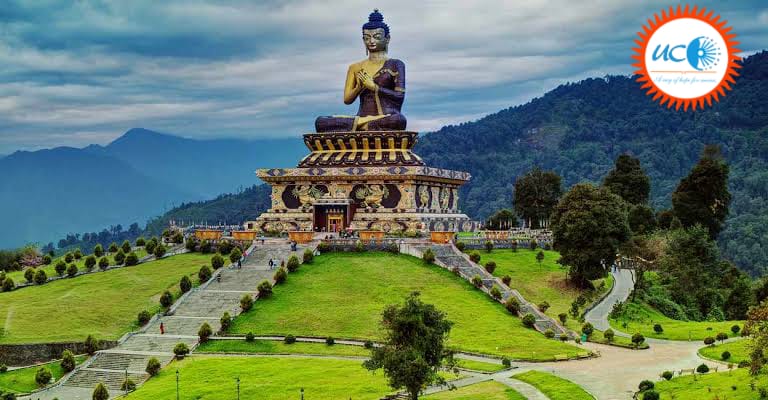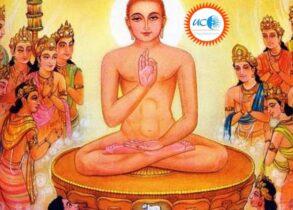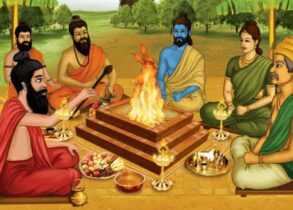Buddhism
BUDDHISM
Apart from Jainism, 6th century also witnessed the advent of another religion. Gautama founded Buddhism in 566 BC. The teachings of Buddhism had profound effect on Indian society. In the background of orthodox Hinduism and complex Vedic rituals and superstitions, Buddhism opened new avenues to evaluate spirituality and liberation.
BUDDHA:
Siddhartha Gautam was born in circa 563 BCE.He was born into royal family of Sakya clan who ruled from Kapilvastu, in Lumbini which is situated near the Indo-Nepal Border.At the age of 29, Gautama renounced his royal lifestyle and embraced asceticism, or extreme self-discipline . Gautama attained Bodhi (enlightenment) under a pipal tree at Bodhgaya, a village in Bihar.He gave his first sermon( Dharma-Chakra-Pravartana) in the village of Sarnath. He died at the age of 80 in 483 BCE at a place called Kushalnagara a town in UP. The event is known as Mahaparinibban.
REASONS FOR THE RISE OF BUDDHISM
- The orthodox rituals in Hinduism and the dominance of priestly class
- Sacrificial rituals in Hinduism increased cow and bullock slaughtering which affected agriculture.
- The exploitation under varna system where the two upper classes control the agricultural surplus produced by the Vaishya and shudra community
- Conflict between kshatriyas and brahimns , where the former was against the later domination.
- Simple and peace centered principles of Buddhism
TEACHINGS OF BUDDHA.
-
- He preached the principle of madhyammarg and rejected extremes ,either it is addiction to worldly pleasures or a life of painful asceticism and self-mortification.
- does not concern itself with metaphysical speculation.
- Stressed on moral progress which was independent of any creator of the universe
- The essence of Buddhism lies in the realization that life is transient
- Accepted the idea of transmigration
Four noble truths of Buddhism are: They are the truth of suffering, the truth of the cause of suffering, the truth of the end of suffering, and the truth of the path that leads to the end of suffering.
- Eightfold path- The path to nirvana or cessation of suffering
-
- Right understanding (Samma ditthi),
- Right thought (Samma sankappa),
- Right speech (Samma vaca),
- Right action (Samma kammanta),
- Right livelihood (Samma ajiva),
- Right effort (Samma vayama),
- Right mindfulness (Samma sati)
- Right concentration (Samma samadhi)






